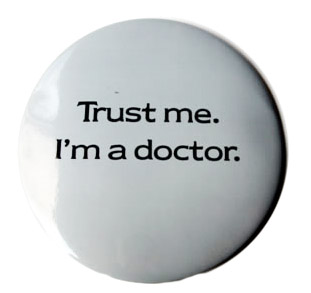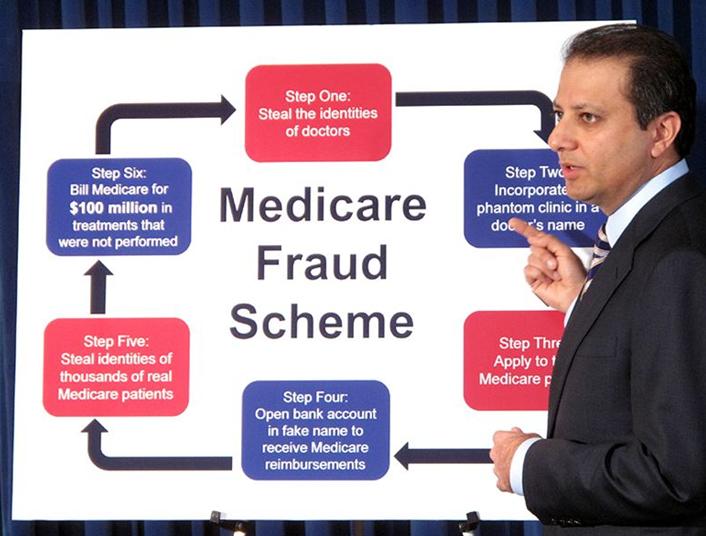It’s been over two decades since the L.A. riots shook our fair city; and the Southland is still rife with everyday crimes, like Los Angeles petty theft. This town can be a dangerous place to live and work for reasons that transcend the bad air quality and insane traffic. Fortunately, we’ve managed to get through over 20-plus years without our city exploding again in paroxysms of racial violence. But what have we collectively learned since those dark days of the early 90s? And what lessons have we failed to learn? More importantly, how can we understand how the changing dynamics of our city might influence you or your family member, if you’re dealing with a charge like petty theft in Southern California, credit card fraud, or the like?
Let’s start with the big picture level. Historians often focus on the LA riots of the early 90s because they serve as spectacular examples of what happens when our civil society malfunctions. It’s easy to sort of look at the riots and contextualize them as an “LA problem.” After all, Los Angeles was and is a strangely gerrimandered entity, racially and culturally speaking. Also, the city has some pretty staggering income disparities. On top of that, it’s the second largest city in the United States, so “stuff” that happens here tends to inflate larger just by default. We have more traffic, we have more people, we have more crime than, for instance, Cheyenne, Wyoming.
Thus, while racial resentments seethed in many different cities and towns across the United States in early 90s, Los Angeles proved to be a flashpoint. Was LA’s structure partially to blame? Sure. That makes sense. Were the riots also part of a broader shift in our society – yet more “growing pains” as America continued to process its long legacy of slavery and racial segregation and discrimination? That also sounds very plausible.
 Los Angeles Criminal Defense Attorney Blog
Los Angeles Criminal Defense Attorney Blog




 That being said, we have to at least acknowledge the wordplay.
That being said, we have to at least acknowledge the wordplay.




